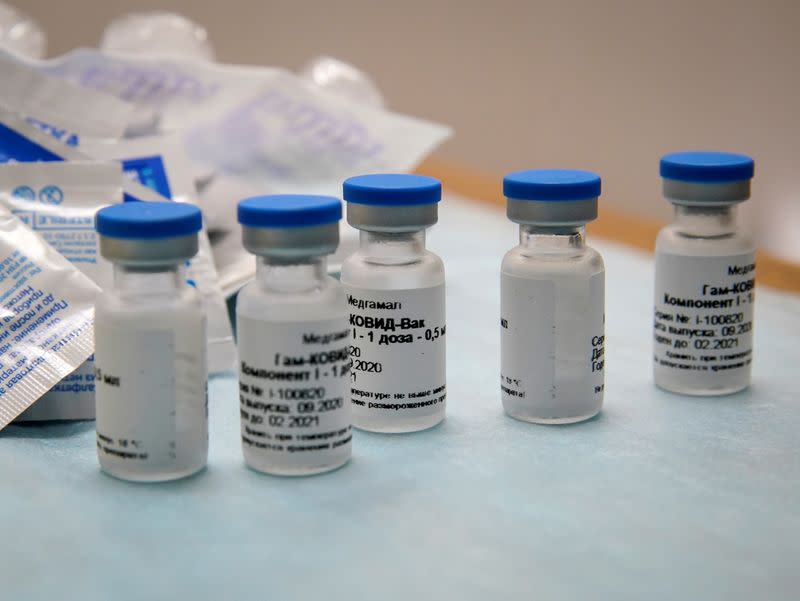BRAZIL (Reuters) – Brazil’s health regulator is seeking further information on the Russian Sputnik V coronavirus vaccine before it is approved for emergency use.
Documents supporting drugmaker Uniao Quimica’s application for emergency use of the vaccine were returned to the company because it did not meet the minimum criteria, the watchdog said Saturday.
In a statement on the Ministry of Health’s website, regulator Anvisa said the request could not provide adequate assurance on phase III clinical trials and vaccine-related issues.
Uniao Quimica is seeking approval for the use of 10 million doses of Sputnik V in Brazil in the first quarter of this year.
The Russian RDIF Sovereign Wealth Fund, which promotes Sputnik worldwide, said on Sunday that Anvisa is requesting additional information that will be provided soon.
The statement states that such requests from regulators are a standard procedure and do not mean that the registration bid has been rejected. It is also said that legislation passed by the Brazilian Senate, if approved, allows the use of vaccines approved by other countries.
Moscow has approved Sputnik for Russian domestic use, although clinical trials have not yet been completed.
Anvisa officials had earlier said that the Sputnik V vaccine should be submitted to Phase III clinical trials in Brazil before it could be approved.
Anvisa said on Saturday that every applicant requesting permission for emergency use must indicate that the vaccine will provide long-term safety and efficacy.
The regulator is expected to make a decision on Sunday on authorizing emergency use of vaccines developed by Chinese Sinovac and British AstraZeneca.
RDIF said Sputnik has already been registered in Serbia, Belarus, Argentina, Bolivia, Algeria, Venezuela, Paraguay and by the Palestinian Authority.
Registrations in two more countries are expected next week, he said.
(Reporting by Jamie McGeever and Eduardo Simoes in Brasilia; Additional reporting by Andrew Osborn in Moscow, edited by Dan Grebler and David Goodman)
